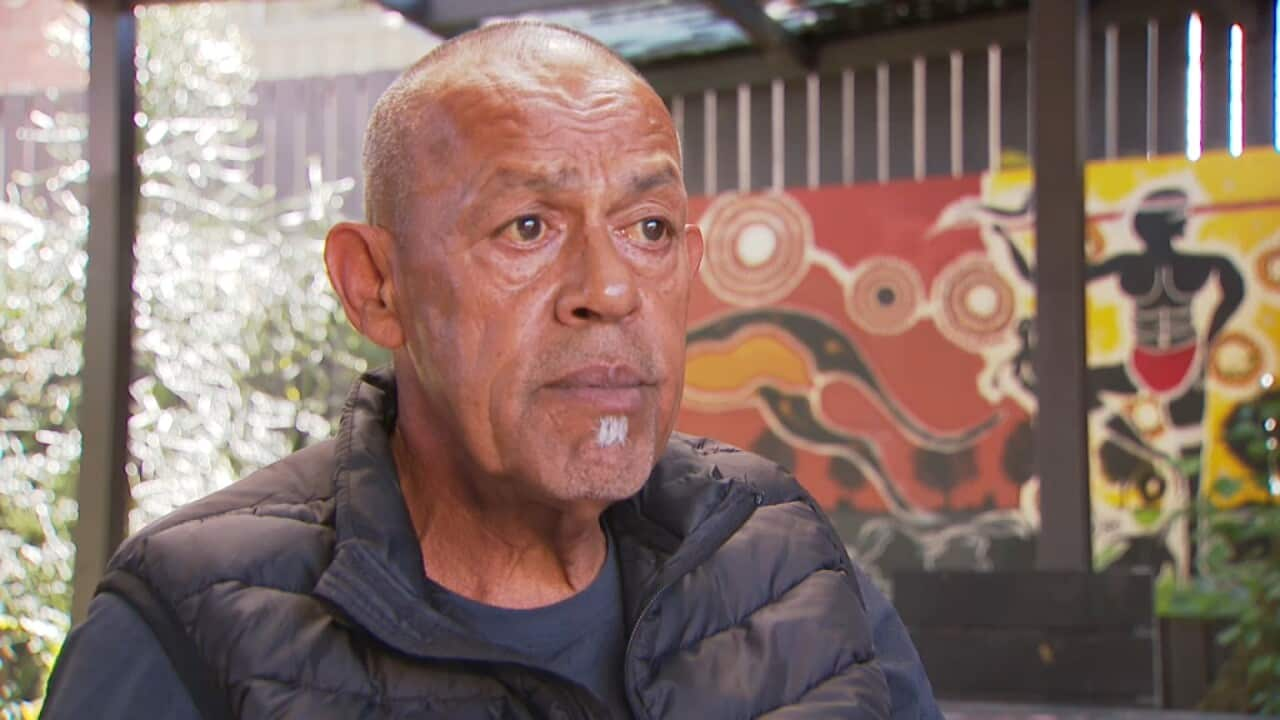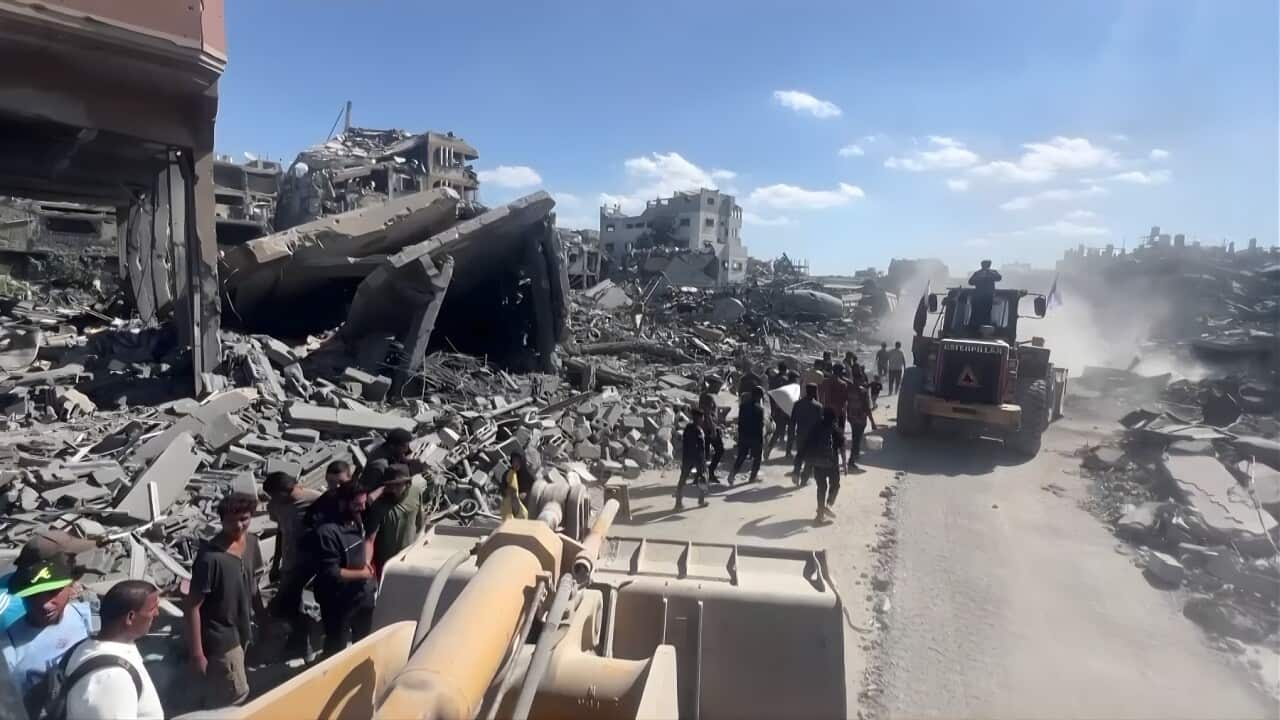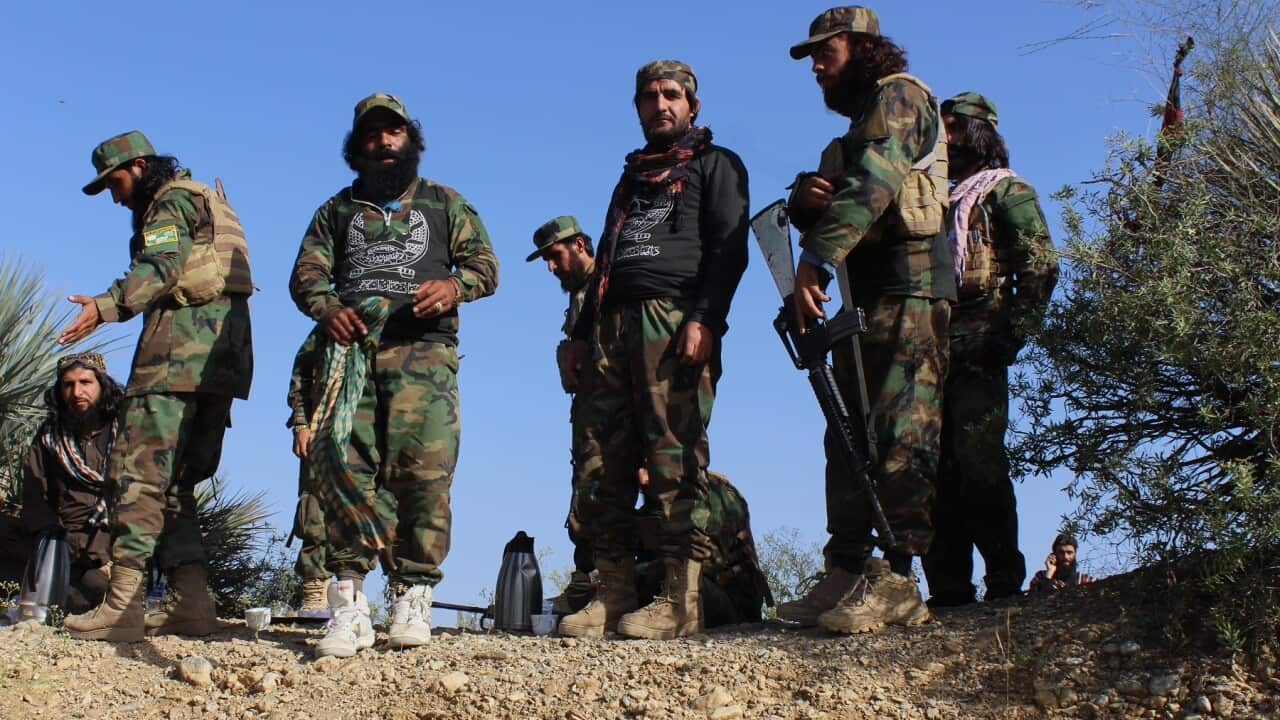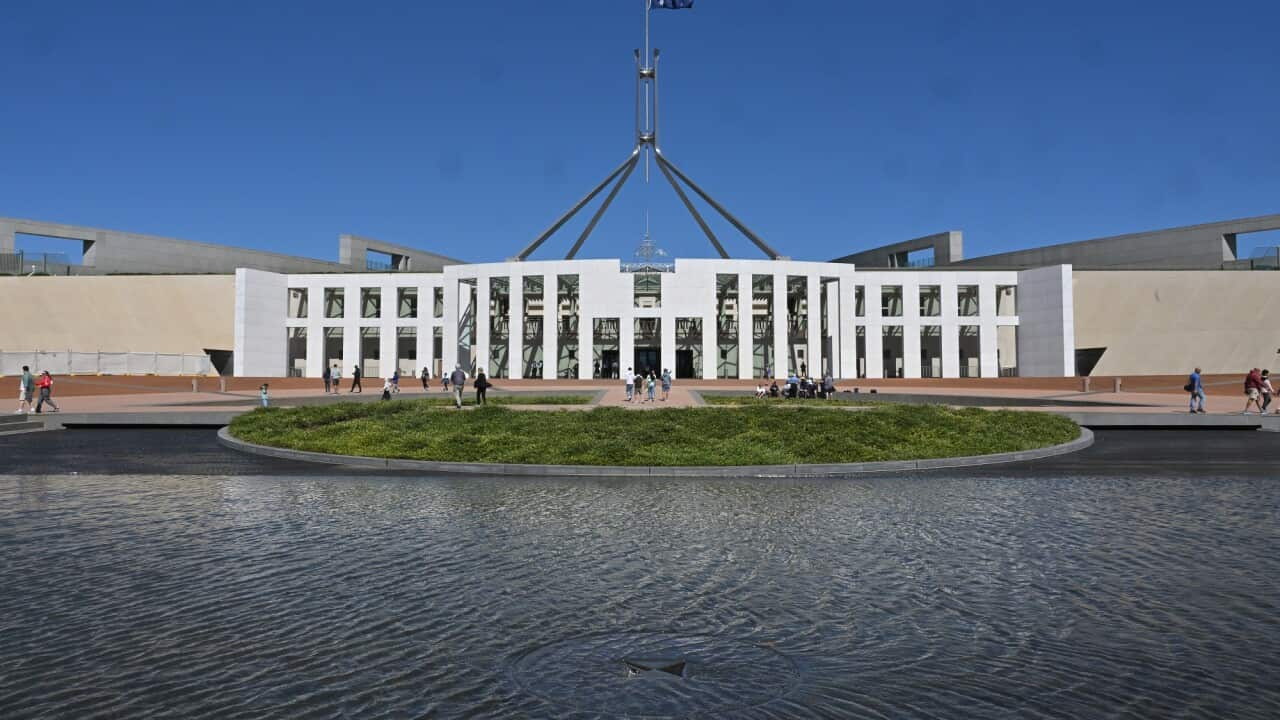TRANSCRIPT:
The ceasefire in Gaza has held for a third day, allowing hundreds of thousands of exhausted Palestinians to make the long journey back north to Gaza City.
Returning to what's left of their homes, people in Gaza say the scale of Israel's destruction is even worse than imagined.
Accompanied by the familiar sound of drones overhead, Ismail al-Jamal returned to his home in the Sheikh Radwan neighbourhood of Gaza City.
Relieved initially by the ceasefire, he now says he feels like he's walked into yet another crisis.
"We didn't expect it to be to this degree, I mean not one home in the whole street is standing, or is even hollowed out (from the damage but standing). They are all levelled to the ground, it is all destruction. I mean I am one of the people who could not get a shirt out of the house. It is destruction that is indescribable, honestly."
With aid now able to enter Gaza, reporters on the ground say they've seen over 200 aid trucks unload at the Kerem Shalom crossing.
The director of al-Shifa hospital in northern Gaza City, Dr Muhammad Abu Salmiya, told Al Jazeera medical facilities have not yet received desperately-needed supplies.
United Nations Humanitarian Chief Tom Fletcher says the next few days will be critical.
"There are so many things that could go wrong in the coming days and weeks, but all of us working on this want to get hostages home, and we want to get masses and masses of aid, a massive influx of aid, into Gaza to save as many lives as possible."
Under the ceasefire agreement, Hamas is due to release the remaining Israeli hostages in the coming hours.
Israeli officials say not all deceased hostages are expected to be returned on Monday, adding that an 'international body' will be established to locate the remains of those not returned.
However, it's expected that all 20 living Israeli hostages will be released together.
Alana Zeitchik is the relative of living Israeli hostage David Cunio.
"Really excited. Like I haven't smiled like this in, I mean probably over two years at this point. And I'm also a little nervous, of course. I'm sort of bracing for what will come with it. How he will look, what condition he will be in, we don't really know. So I'm sort of, you know, bracing for that while still remaining really optimistic and hopeful and excited and I can't wait to see him reunited with my cousin and with their children."
Under US President Donald Trump's proposed plan, once Hamas has handed over the hostages, Israel will begin releasing around 2,000 Palestinian detainees in exchange.
Around 1,700 of the Palestinians being released by Israel were captured by Israeli forces in the last two years but have not been charged with any crime.
Following the exchange, President Trump is expected to address the Israeli Knesset before heading to Egypt where he will co-host a Gaza peace summit with his Egyptian counterpart, President Abdel Fattah al-Sisi.
Boarding Air Force One, Mr Trump said this deal has made everyone happy.
"Everybody is cheering at one time. That's never happened before. Usually if you have one cheering, the other isn't. The other is the opposite. This is the first time everybody is amazed and they're thrilled, and it's an honour to be involved. And we're going to have an amazing time, and it’s going to be something that's never happened before."
In Tel Aviv, hundreds gathered to fly both US and Israeli flags, cheering in hopeful anticipation of the hostage release.
Ahead of the return, hospitals have prepared long-term rehabilitation capsules.
Professor Noa Eliakim-Riz is the head of returning hostages unit at Rabin Medical Centre.
"Every returnee has a capsule of caregivers, a doctor, a nurse, a psychosocial worker, a dietician, and they all take care of one returnee and that's the same team that will follow him in the rehabilitation, also. So continuation of care is something very important here."
For Palestinians in Gaza and abroad however, the news of a ceasefire is bittersweet.
With the UN Satellite Centre estimating at least 83 per cent of buildings in Gaza are destroyed or damaged, and dozens of bodies already discovered under the rubble in recent days, fears linger about the extent of damage and death in Gaza.
In the US, Palestinian American Mohammad Enayah says the guilt of surviving will stay with him.
"It's unbearable, unbelievable. And here I am, you know, I'm sure you can see where I live. You can see the survival guilt that we live by every day. Every time I... I take a sip of water. I say, ‘Sorry, Gaza’. Every time I take a shower, I say, ‘Sorry, Gaza’. Every time I go underneath my blanket with my pillows, I say, ‘I'm sorry, Gaza’. I stopped saying, I stopped saying grace or al-hamdulillah (Thank God) or bismillah (in the name of God). The only thing that comes to mind is sorry, Gaza. That's what I keep repeating."













